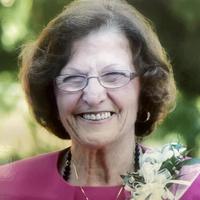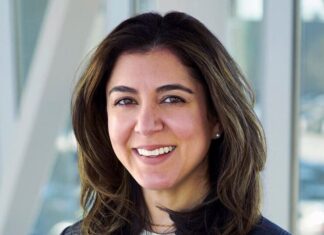By Shoghig Chalian
TENAFLY, N.J. — The Tekeyan Cultural Association (TCA) of NY/NJ sponsored a book talk with Dr. Ani Kalayjian — psychologist, board-certified expert on traumatic stress, board member of the United Nations non-governmental organization Human Rights Committee, chair of monitoring committee and disaster prevention committees of the American Psychological association’s International division — and presented the two-volume book of Mass Trauma and Emotional Healing around the world that she coauthored. She was the chief editor for her book, Forgiveness and Reconciliation Psychological Pathways to Conflict Transformation and Peace Building.
Dr. Vagheenag Tarpinian, a member of the TCA NY/NJ Committee, welcomed the attendees and presented Kalayjian as an ADL and TCA member and a founding member of the TCA Mher Megerdichian theatrical group, and gave a synopsis of the books and invited her for the slide show presentation.
The presentation addressed post-trauma growth, making meaning of it and the challenges of practicing forgiveness. The challenges included: how to integrate past traumas into our psyche, how not to react to old hurt and pain, as well as, building peace in one’s self which would affect the family, and in turn the community, and ultimately, our universe. Kalayjian presented her case of being threatened while in Istanbul, as she was attempting to present her research findings on the Armenian Genocide survivors’ Post Traumatic Stress Disorder, and how she went back there when they had an earthquake, and further explained how that act helped her in her own healing process.
Currently, Kalayjian has collaborative research on trauma forgiveness and healing in Sierra Leone, Armenia and the US and has organized and delivered 25 post-disaster humanitarian outreach projects.
Kalayjian presented research findings on demonstrating how practicing forgiveness is essential for individual health, collective community health and transformation of horizontal violence. (Horizontal violence can be towards our family members, brother and sisters, community members and organizations.) She said that forgiveness releases people from a paralyzing past by helping them to enjoy the present, and envision a future without judgment, resentment, anger or sadness. According to Kalayjian’s research, conducted 80 years after the Ottoman Turkish Genocide of Armenians, resentment and anger continues in the hearts of many survivors due to the ongoing Turkish government’s denial of the Genocide. It is true that the expression of remorse by the perpetrator to a victim would have an enormous healing value, however in this case, the anger towards the perpetrators’ denial has made it difficult to forgive.







